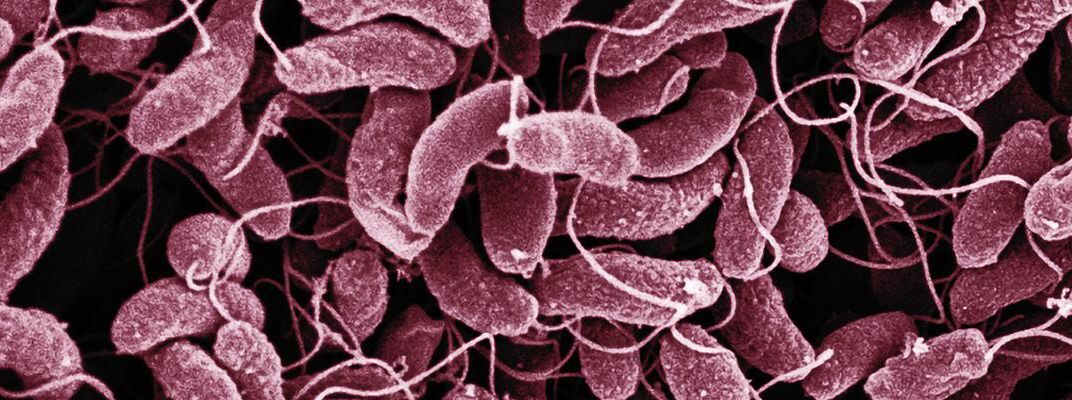Cholera is a bacterial infection caused by Vibrio cholerae that primarily affects the digestive system, leading to severe diarrhea and dehydration. Timely diagnosis is crucial to prevent life-threatening complications.
Recognizing Cholera Symptoms
Cholera can often be identified based on the appearance of the stool and associated symptoms:
- Watery Stool. Cholera produces stool that is very watery, often described as resembling “rice water” due to its pale, cloudy appearance.
- Severe Diarrhea. The condition causes frequent, large volumes of diarrhea, leading to rapid dehydration.
- Signs of Dehydration. Symptoms include extreme thirst, dry mouth, sunken eyes, reduced urination, and lethargy.
- Vomiting. Some patients may also experience episodes of vomiting, which worsen dehydration.
Laboratory Tests for Cholera
While symptoms can strongly suggest cholera, laboratory tests are required to confirm the diagnosis:
- Microscopic Stool Examination. A stool sample is examined under a microscope. The presence of small, fast-moving bacteria with tails (flagella) indicates Vibrio cholerae.
- Stool Culture. In a laboratory, the bacteria from the stool are grown in a culture medium. This test confirms the presence of Vibrio cholerae and identifies the specific strain, which helps guide treatment.
- Rapid Diagnostic Tests (RDTs). In resource-limited settings, RDTs may be used to detect cholera antigens quickly from a stool sample.
- Serological Testing. Blood tests may be performed to detect antibodies against Vibrio cholerae in some cases.
When to Seek Medical Attention
Cholera can escalate quickly if untreated. Seek immediate medical care if you experience:
- Profuse, watery diarrhea lasting more than a few hours.
- Symptoms of severe dehydration, such as dry skin, rapid heartbeat, or confusion.
- Vomiting and inability to retain fluids.
Cholera is a serious bacterial infection that requires prompt diagnosis and treatment. While the characteristic “rice water” stool can suggest the presence of the disease, laboratory tests such as microscopic stool examination and stool cultures confirm the diagnosis. If you suspect cholera, seek medical attention immediately to prevent complications and ensure proper treatment.


